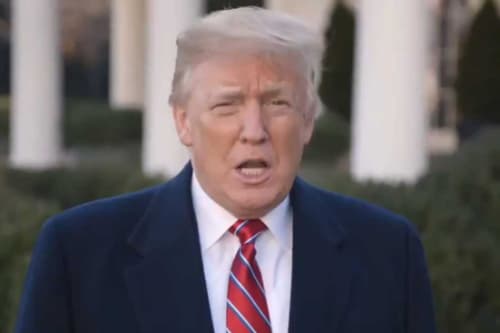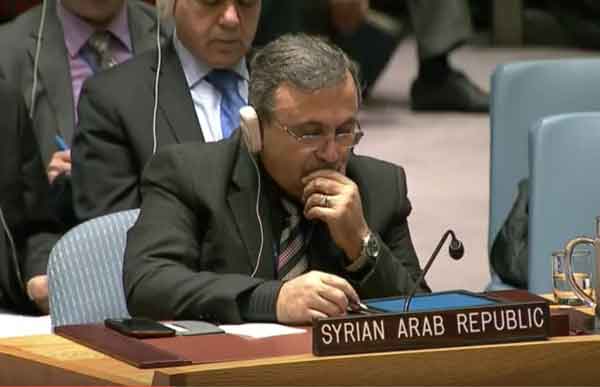For the tenth straight day shells rained down on the key Syrian city of Homs as the Syrian army continued its push to take control of the city. Tanks, heavy artillery and mortars pummeled key districts in an attempt to cut the northern rebel fighters off from their counterparts in the south.
The fighting there is the heaviest and fiercest to take place since the uprising began in 2011. A victory in Homs by the Syrian army would link the capital with the President’s strongholds on the coast.
|
|
Meanwhile, in the Baath party, which has been in power since 1963 and is headed by Syria’s President Bashar al-Assad, top leadership is on its way out. The shakeup of power includes Syria’s Vice President Farouk al-Sharaa.
The decision came after a lengthy meeting choosing new leadership almost in entirety. The only person left in place in the party’s power structure was the President, Assad himself. He will remain in his same position as the party’s Secretary General. Sharaa will remain as Vice President of the country despite his ouster from his position in the party.
On the rebel side, the head of the Syrian National Coalition, newly elected president, Ahmed al-Jarba, says that he expects advanced weapons to arrive from Saudi Arabia in the coming days. This could theoretically strengthen the rebel forces on the ground. It is unknown if the advanced shoulder-fired surface-to-air missiles coming from Saudi Arabia will be enough to turn the tide. But, they should put a dent in the massive air and armor advantage that the Syrian government holds against the rebels.
Although Saudi arms are expected at any time, other military aid from western countries, the U.S. included, have yet to begin, despite signals of readiness to do so by the U.S. government. The delay of arms to Syrian opposition forces lies in part with that group’s fractious politics and connections to al-Qaeda by parts of that group.
Also reluctance has come from the west because of the group’s previous inability to elect new leadership after the resignation of Moaz Alkhatib months ago. That has changed however with successful coalition elections being held on Saturday with a new president, Ahmed al-Jarba, put in place. This should ease the hesitance of the west to begin shipping weapons to the Syrian rebels.
The opposition’s new president, Jarba has stated that his group will not attend the proposed peace conference unless its military fortunes improve.
Jarba has also proposed a truce for the holy period of Ramadan that begins tomorrow. It is unlikely that the Syrian government will agree.





